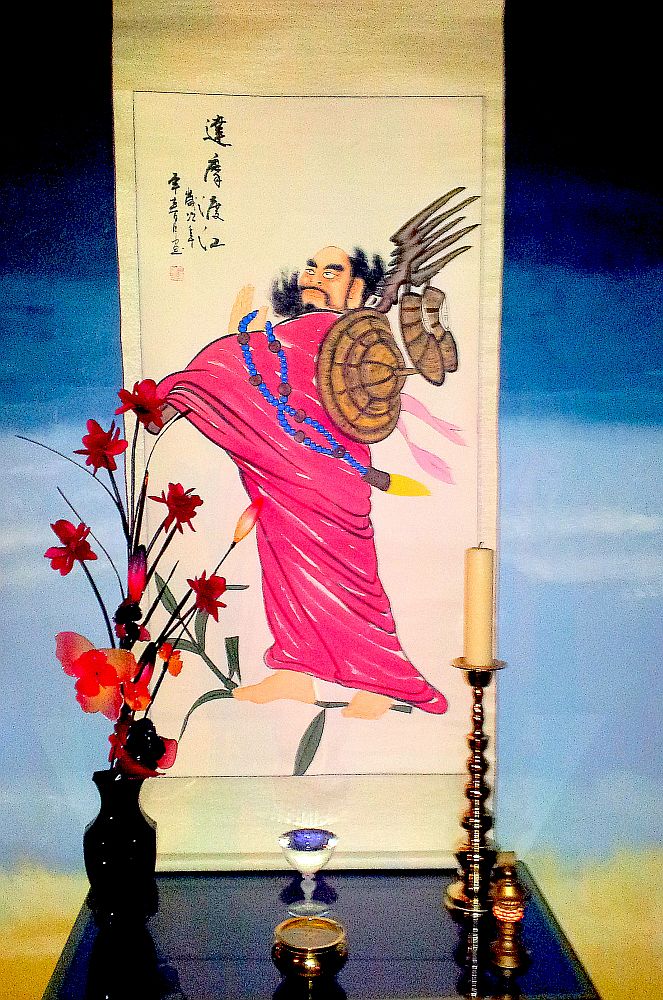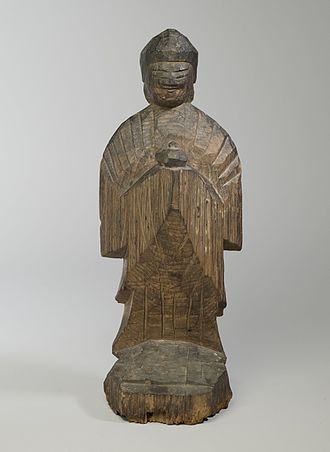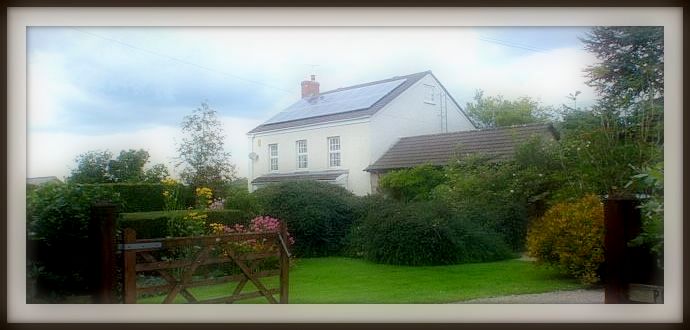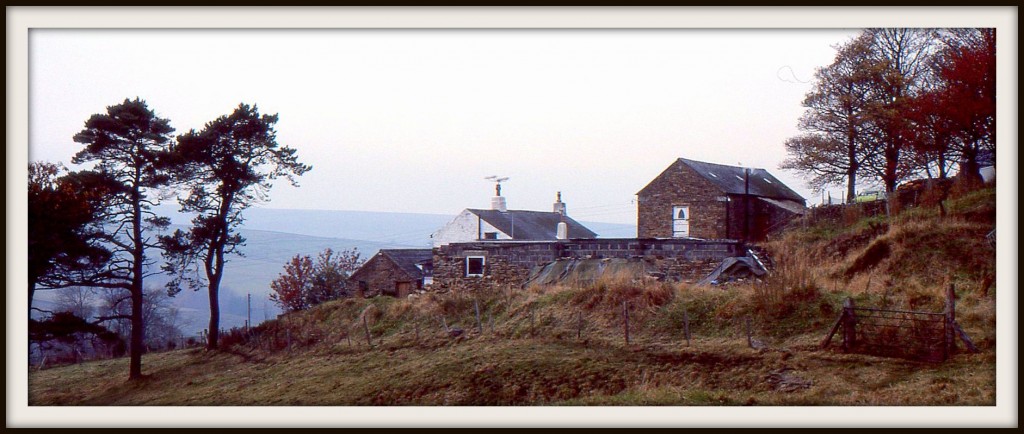Note from Mugo: Thank you folks for your patience. It has been about a month since I last posted on Jade Mountains. I’ve stopped counting how many places I have stayed at since leaving England 11th July, I’ve certainly been contemplating the meaning of ‘home’. I landing initially in Seattle then moved over to Victoria Vancouver Island for two weeks, then a brief trip to Vancouver, (as it turned out it was an aborted trip to the interior of British Columbia). Returning then to Victoria for another two weeks and more emergency dental work! Thanks to everybody who hosted me and supported me with Dana, food, and transport (and much MUCH more). Words fail. Such kindness and generosity.
Now at Shasta Abbey in Northern California preparing to help out on a retreat titled The Teaching of Our Tradition. On Monday I’m kicking off with a talk on Zen Master Dogen’s Fukanzazengi. What an honour!
Why leave behind your proper place, which exists right in your own home, and wander aimlessly off to the dusty realms of other lands? If you make even a single misstep, you stray from the Great Way lying directly before you.
The above is taken from a translation of the Fukanzazengi written by Zen Master Dogen and is an allusion to the parable of the lost son from the Lotus Sutra:
An only son left his home and family to live in a distant land. He experienced great hardship, totally unaware of the increasing wealth his father was accumulating in the meantime. Many years later, the son returned home and inherited the great treasure that was his original birthright.
Importantly the son had to prove himself before his father recognized him as the one to inherit what was his true birthright. Here below is a longer version of the story.
THE PRODIGAL SON – a Story from “the Lotus Sutra”
This parable was told by one of Buddha’s senior disciple Maha-Kasyapa:
Once upon a time, there was a man who had a son. As a teenage, the son took his father’s money and ran away from home to lead an extravagant life. After he had spent all his money, he became very poor, and had to wonder from town to town, begging for a living.
Many years had passed and the father had been looking for him but failed to find him. As time went by, the father became very rich, having a big house with numerous treasures, gold and silver, a large herd of cattle and goat, a group of servants and employees, and a large fleet of elephant and horse drawn wagons.
One day, the son was wondering into his hometown and begging for a living as usual. He came across a fleet of luxurious wagons, accompanied by a group of servants. When he saw the procession, he thought, “he must be a king or some noble knight. Well, I should not have come here. It is difficult to approach someone very high in society to ask for help.”
As he was turning around and going away, the father recognized him and ordered his security officers to get him. As the son was approached by the security officers, he cried out in despair, “I had not committed any crime. Why do you want to arrest me?” The security officers became suspicious. They tied him up and brought him to see the father.
The father looked at him carefully to make sure that he indeed was his son. He knew that his son had a very strong will and it would not work if he tried to lure him back with money or riches alone. So, without saying a word, he ordered his release and let him go. The son was glad that he was free, but he returned to the ghetto and continued to beg for a living.
The next day, the father sent two of his senior employees to the ghetto to look for his son. The two employees found him and said, “our boss is operating a big business and he is looking for someone who is trustworthy to work as a janitor. We will offer you a good salary and benefits. Are you interested in taking the job?” Having been wandering from town to town looking for work, the son was happy that someone offered him a job. He accepted it immediately.
As the son took on a low ranking job as a janitor, the father did not say anything about their relationship to any other employees, customers, suppliers, friends or relatives. However, the son proved himself to be a good worker and soon earned the respect of his fellow employees. As time went by he was promoted to a senior position.
One day, his father got sick, and, knowing that his days were soon over, his gathered every employee, friends and relatives to announce his will. He disclosed the father-and-son relationship to everybody and announced that his son would inherit his business. The son, by this time, a fairly senior employee, had proven his ability to take over his father’s business operation.
Maha-Kasyapa (Buddha’s senior disciple) concluded that the father represented the Lord Buddha and the son represented the followers.
NOTE: Although a similar story appears in the Christian Bible (Luke Chapter 15, 12 to 32), there is a very significant philosophical difference between Buddhism and Christianity. In the Christian Bible, the father forgave the son immediately and gave him all his heritage as soon as the son admitted his sin – that means: you have sinned, therefore, success is a grace from God. Here in the Lotus Sutra, after the reunion, the son proved his ability to take over his father’s heritage – that is, success is largely a result of your own effort. However, the reader is free to interpret the story in anyway he/she wants.
Copied from a .pdf from the following book. The Heart of Dogen’s Shobogenzo, by Norman Waddell (Translator), Masao Abe (Translator)



